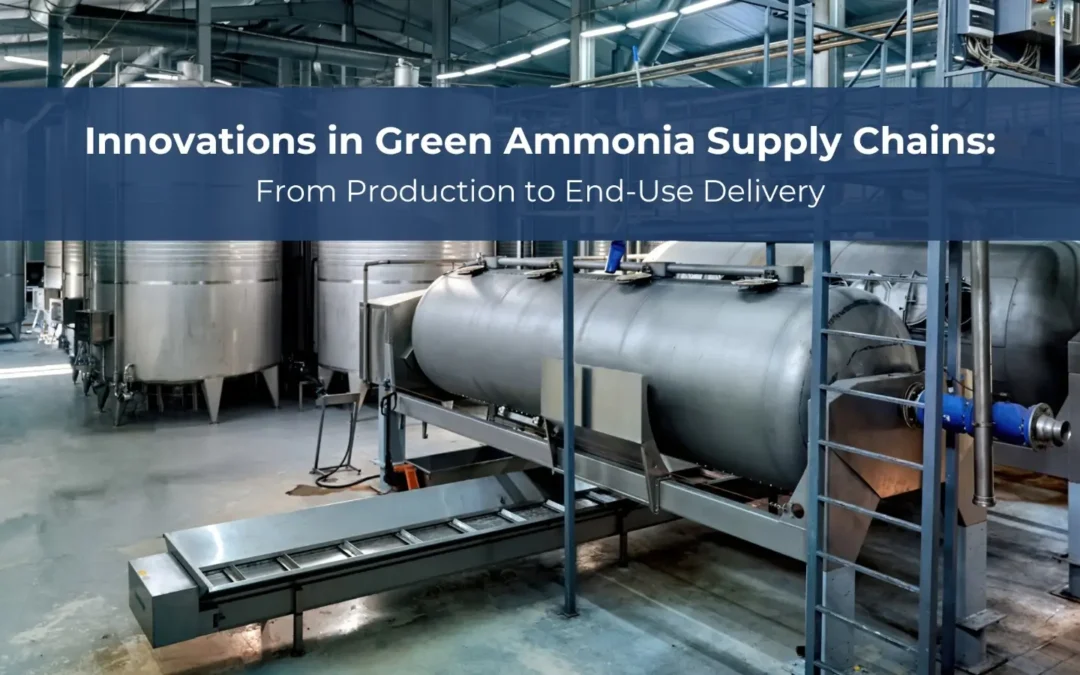In the world of industrial chemicals, few substances are as versatile and indispensable as anhydrous ammonia. Known for its high nitrogen content and reactive properties, this colorless, pungent gas is the backbone of several critical industries, including agriculture, refrigeration, and chemical manufacturing. Whether it’s enriching crop soils, cooling large industrial setups, or synthesizing essential chemicals, anhydrous ammonia plays a pivotal role in sustaining modern infrastructure.
In this blog, we’ll explore the wide-ranging industrial ammonia uses, the importance of following stringent safety measures, and why choosing reliable ammonia gas suppliers is vital for seamless operations.
The Versatile Applications of Anhydrous Ammonia
One of the most significant applications of anhydrous ammonia is in the fertilizer industry. As a primary nitrogen source, it is essential for the production of nitrogen-based fertilizers like urea and ammonium nitrate. In a country like India, where agriculture forms the economic backbone, the role of ammonia in improving crop yields and ensuring food security cannot be overstated. The uses of ammonia in fertilizer production directly impact the livelihoods of millions of farmers and the nation’s overall agricultural output.
Beyond its agricultural importance, anhydrous ammonia is also widely used in chemical manufacturing processes. It serves as a fundamental building block in the synthesis of various chemicals, including nitric acid, acrylonitrile, and ammonium salts. Industries that demand high-purity ammonia for chemical synthesis, such as pharmaceuticals and textiles, depend on quality suppliers who adhere to stringent purity standards.
Another critical application is in ammonia refrigeration plants. Due to its superior thermodynamic properties, anhydrous ammonia is highly effective in large-scale industrial refrigeration systems. Cold storage facilities, dairy plants, and food processing units prefer ammonia-based systems for their energy efficiency and eco-friendly profile compared to synthetic refrigerants.
Anhydrous Ammonia Hazards and Safety Guidelines
While anhydrous ammonia is invaluable to industry, it is equally important to recognize the hazards associated with its handling. Exposure to high concentrations can lead to severe respiratory distress, skin burns, and eye injuries. Consequently, industries using ammonia must implement comprehensive anhydrous ammonia safety guidelines.
Key safety practices include:
- Using corrosion-resistant materials like stainless steel for ammonia storage and handling systems.
- Ensuring proper ventilation and leak-detection systems in bottling plants and storage areas.
- Providing ammonia gas safety equipment such as full-face respirators, chemical-resistant suits, and emergency showers.
- Regularly inspecting and hydro-testing ammonia gas cylinders and tonners to prevent equipment failure.
In India, compliance with safety certifications and regulatory bodies like the Petroleum and Explosives Safety Organization (PESO) is mandatory. Suppliers and industries alike must ensure adherence to these regulations to avoid safety breaches and legal consequences.
Bulk Ammonia Delivery and Logistics in India
Transporting anhydrous ammonia safely is a complex process that requires specialized infrastructure and expertise. Reputed ammonia gas suppliers in India offer end-to-end logistical solutions, ensuring safe and timely deliveries across sectors. Companies like Jaysons Chemical Industries operate a fleet of BS-VI compliant ammonia tankers designed to minimize environmental impact while maximizing safety.
Depending on the requirements, ammonia is supplied in various packaging formats:
- Cylinders (50 kg and 60 kg) for smaller-scale industrial use.
- Tonners (400 kg) for medium-scale applications.
- Road tankers ranging from 6 MT to 21 MT for bulk deliveries.
- ISO Tanks (11.5 MT) for export consignments requiring stringent international standards.
In addition to transport, services like ammonia refilling, degassing of ISO tanks, and tonner maintenance are integral to efficient ammonia logistics. Leading suppliers also assist clients with ammonia bottling plant setup, ensuring compliance with engineering and safety norms.
Choosing the Right Ammonia Gas Supplier
With the increasing demand for ammonia in India’s industrial and agricultural sectors, it is crucial to partner with experienced and reliable suppliers. Here are key aspects to consider:
- Availability of customized ammonia gas cylinder specifications to meet diverse industrial needs.
- In-house expertise for plant setup, including piping, fabrication, and PESO licensing.
- Comprehensive bulk ammonia delivery and refilling services.
- Strong focus on regulatory compliance and adherence to environmental standards.
- Technical consultation for ammonia storage systems, emission control solutions, and safety training.
A supplier that offers integrated services beyond product delivery adds significant operational value. Companies with a proven track record in safety, logistics, and regulatory support are essential for businesses aiming for long-term sustainability and efficiency.
Conclusion
Anhydrous ammonia stands as a true industrial workhorse—fueling agriculture, enabling complex chemical syntheses, and powering efficient refrigeration systems. Its versatility, however, comes with responsibilities. Companies must prioritize robust anhydrous ammonia safety guidelines, invest in secure ammonia storage and handling systems, and rely on experienced ammonia gas suppliers who offer comprehensive logistical and technical support.
As India’s demand for ammonia continues to grow, industries that align with best practices in safety, environmental compliance, and operational excellence will be better equipped to leverage the full potential of this indispensable chemical.














